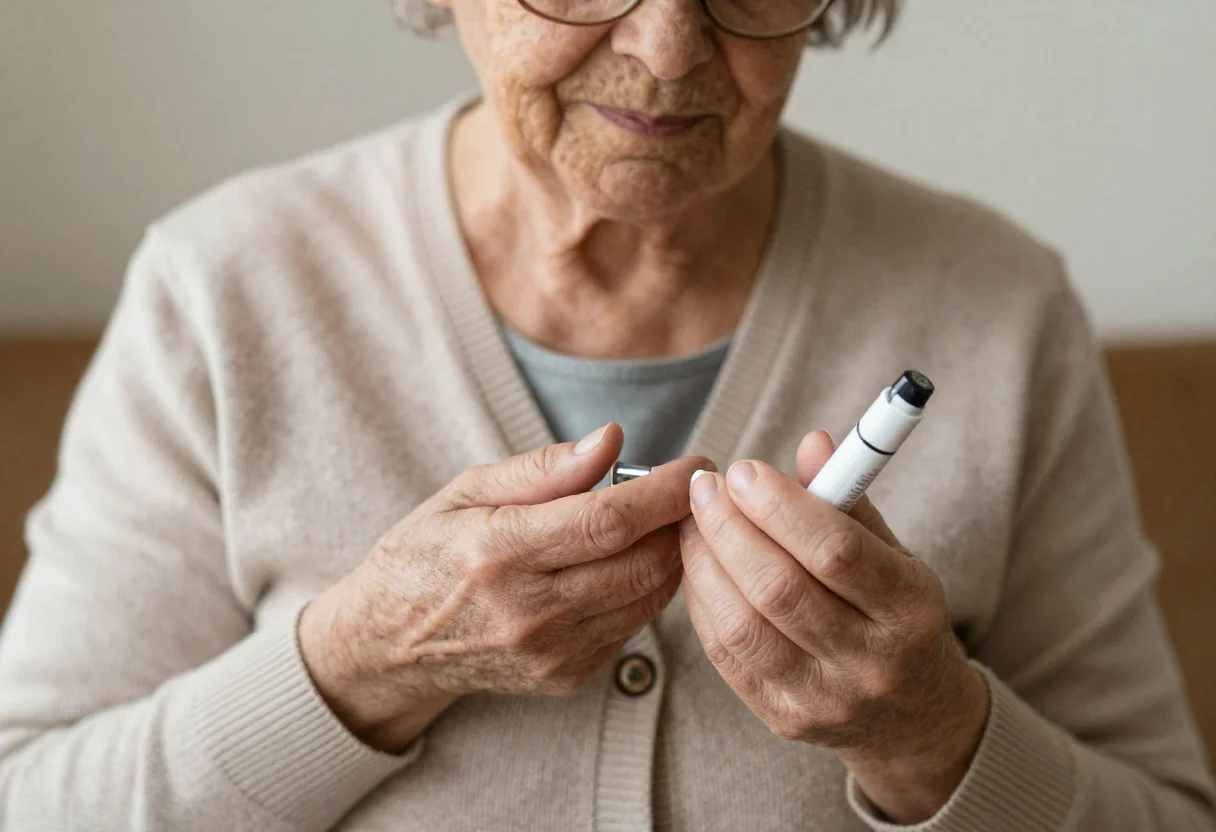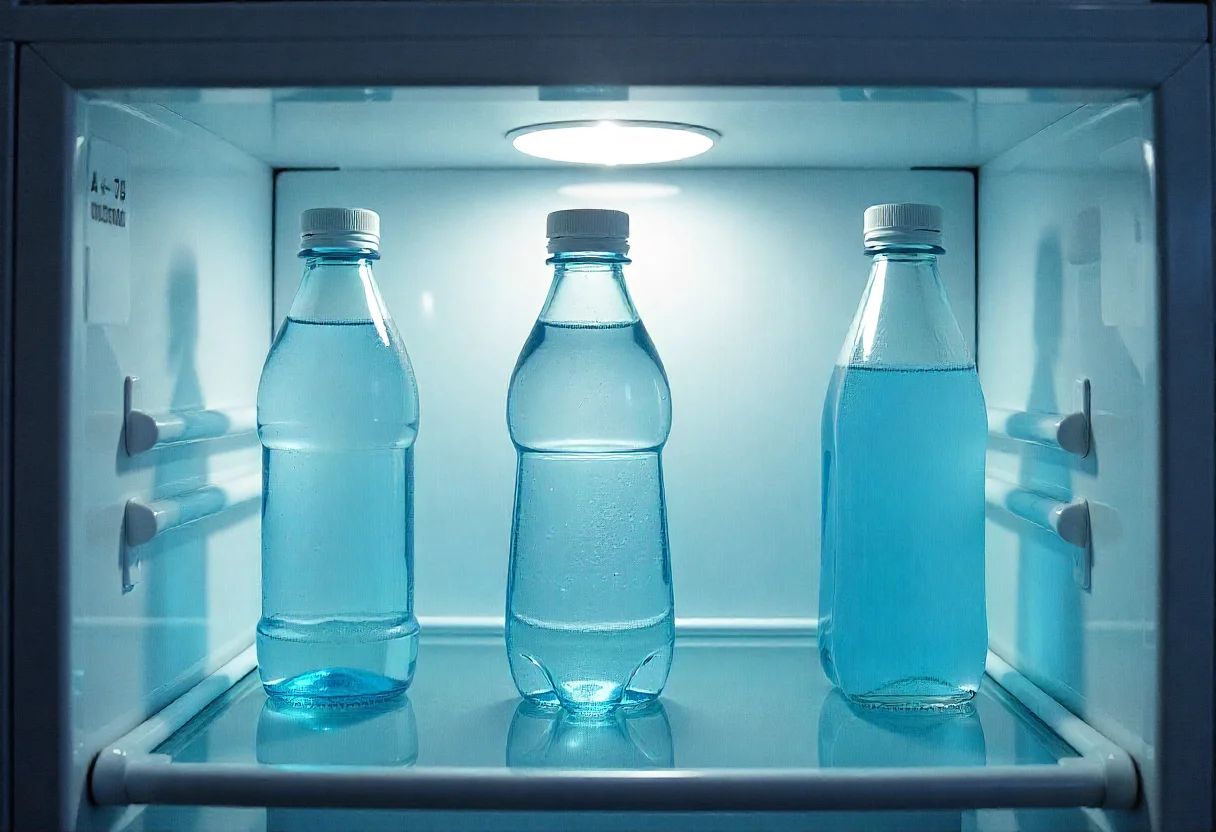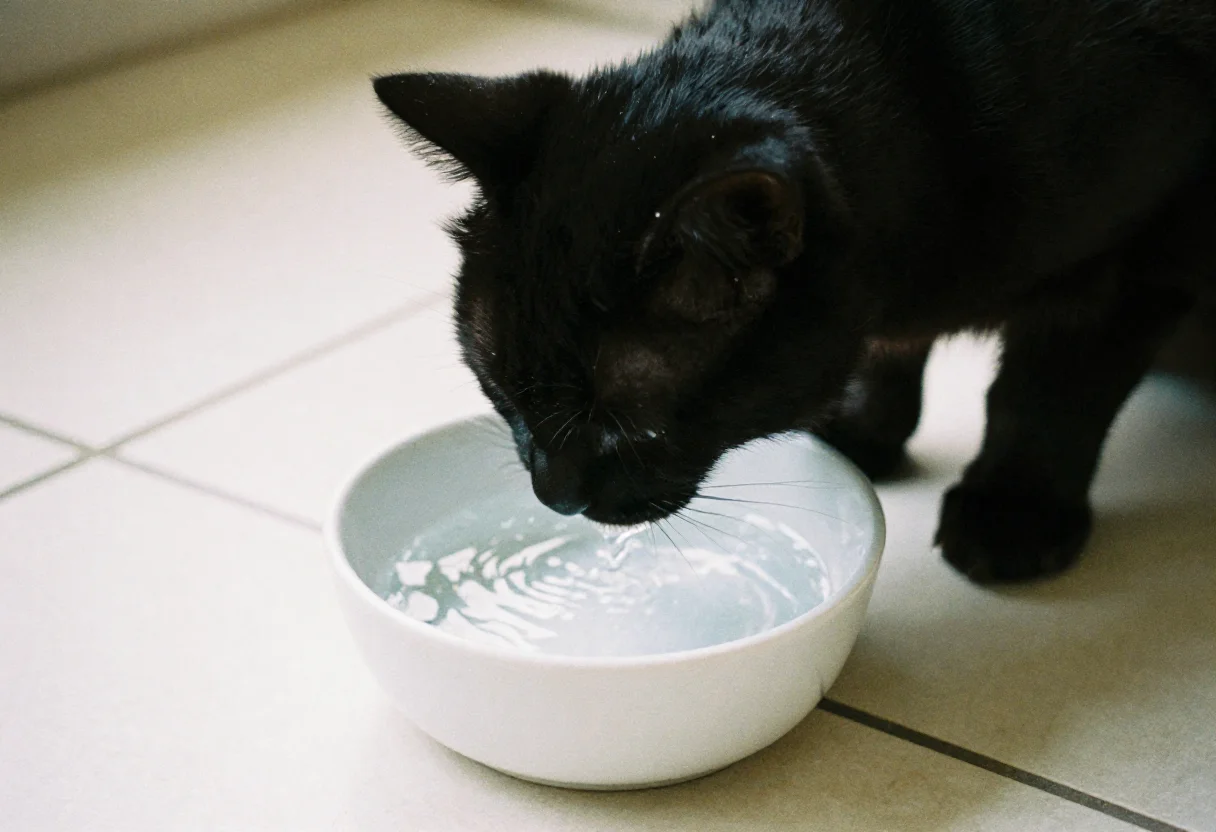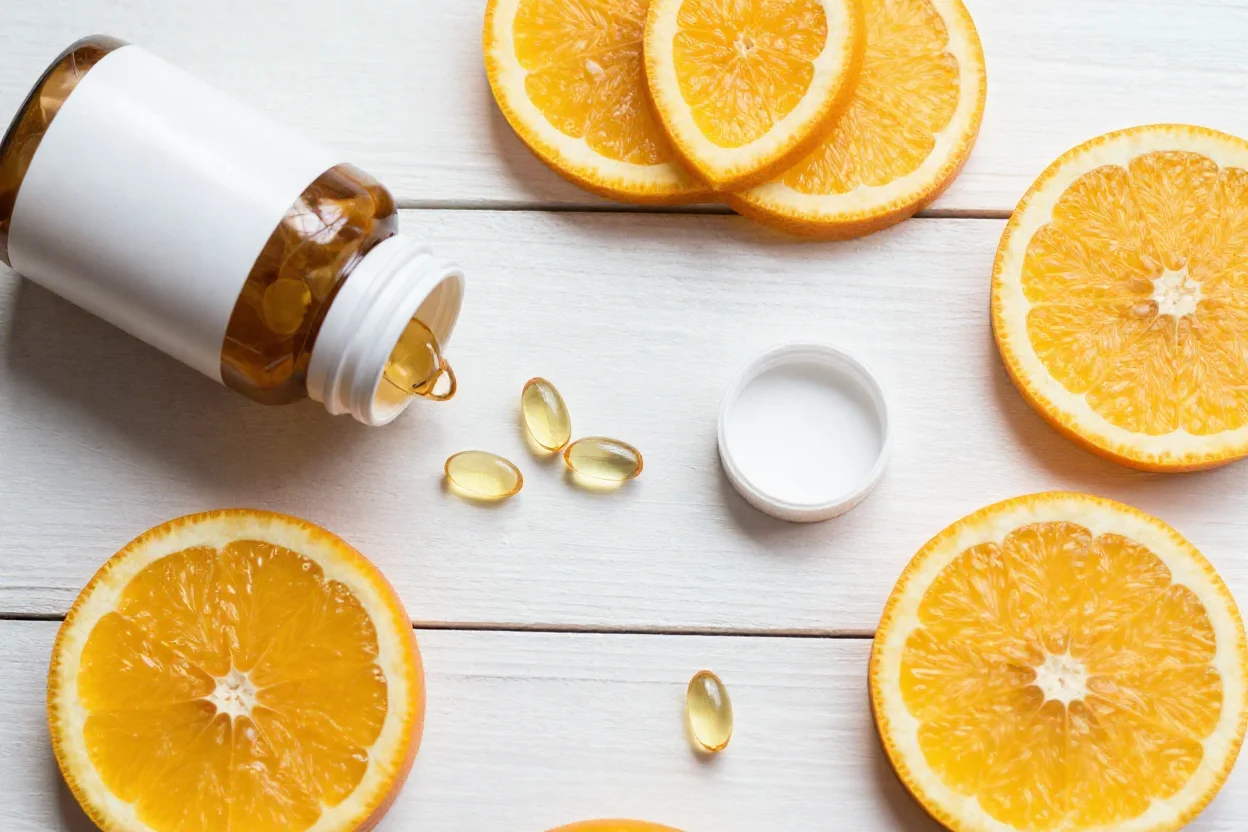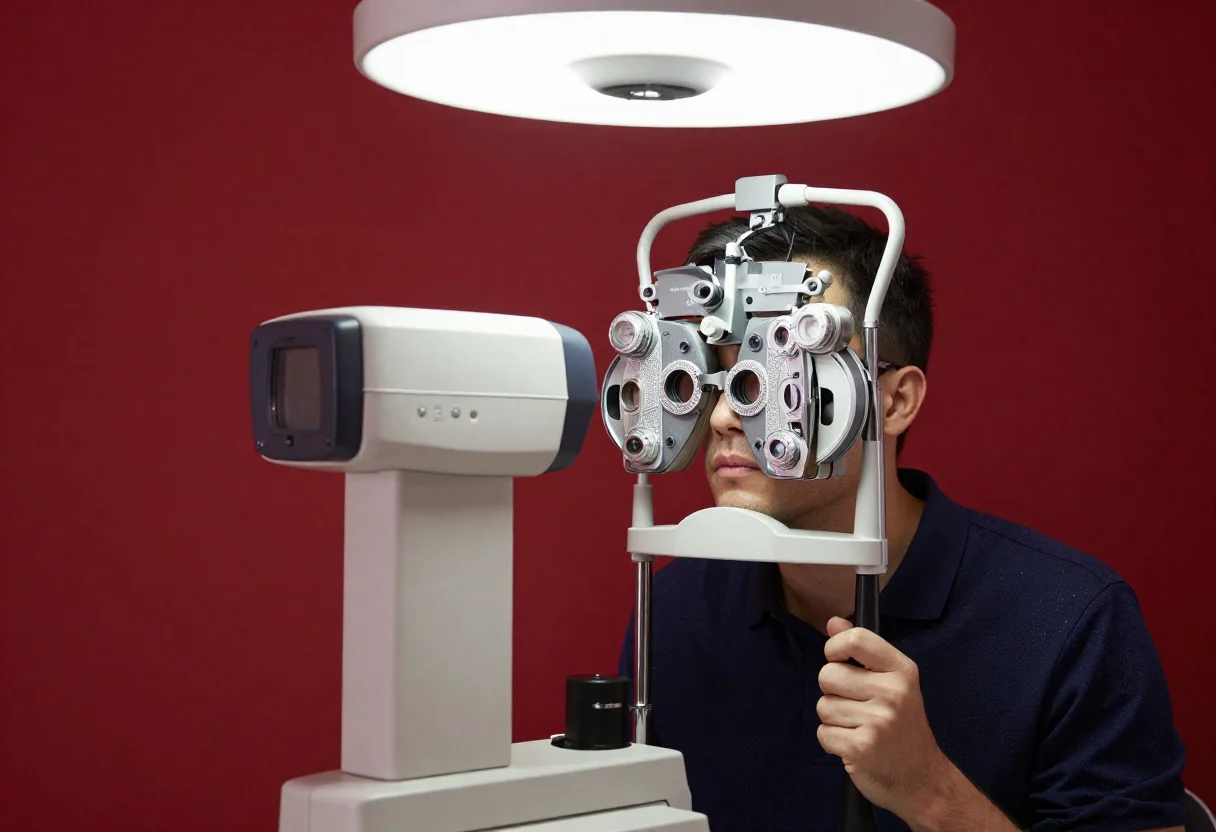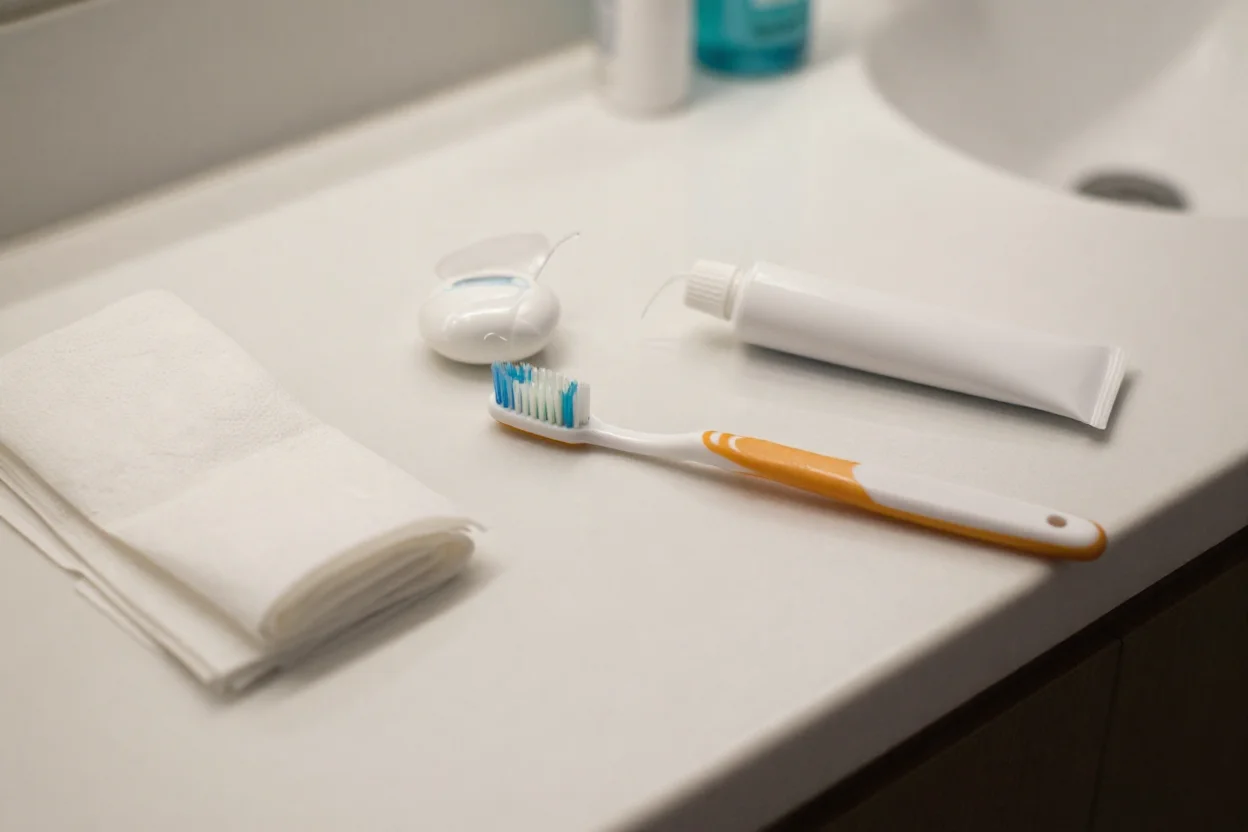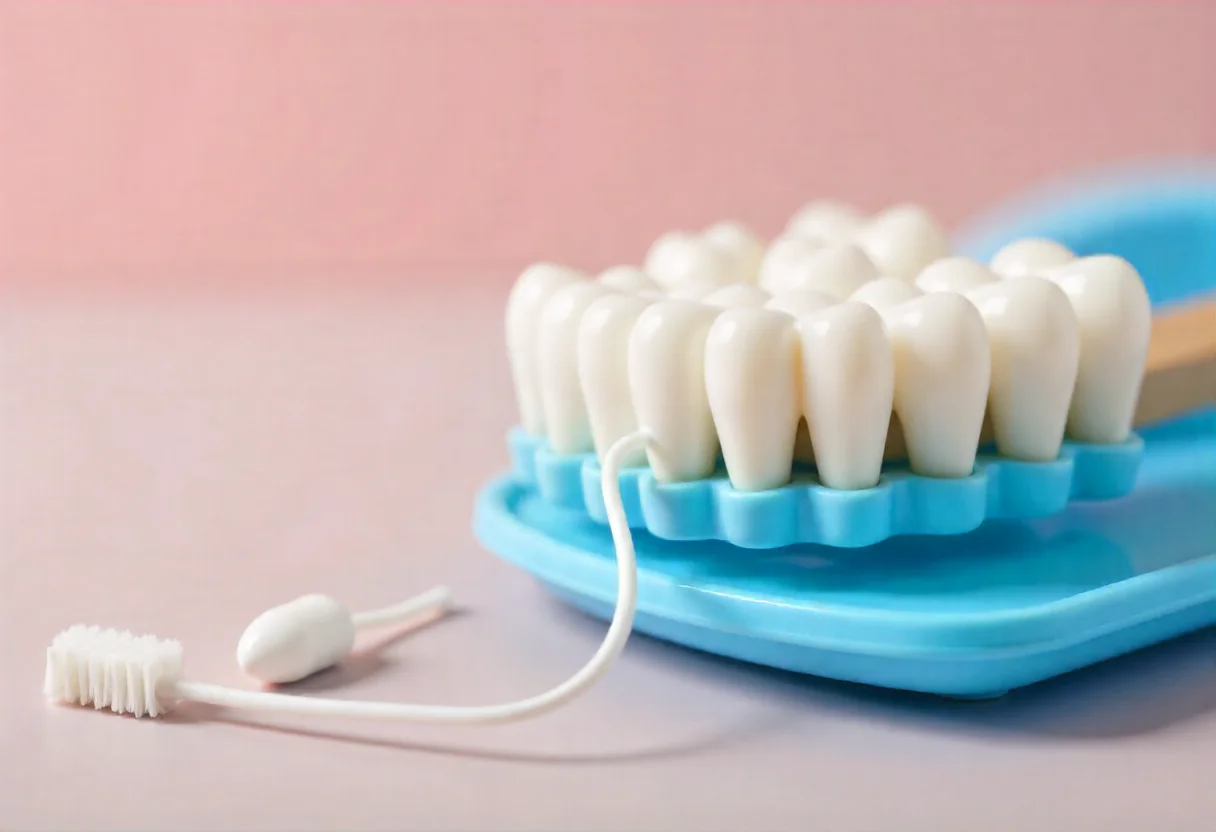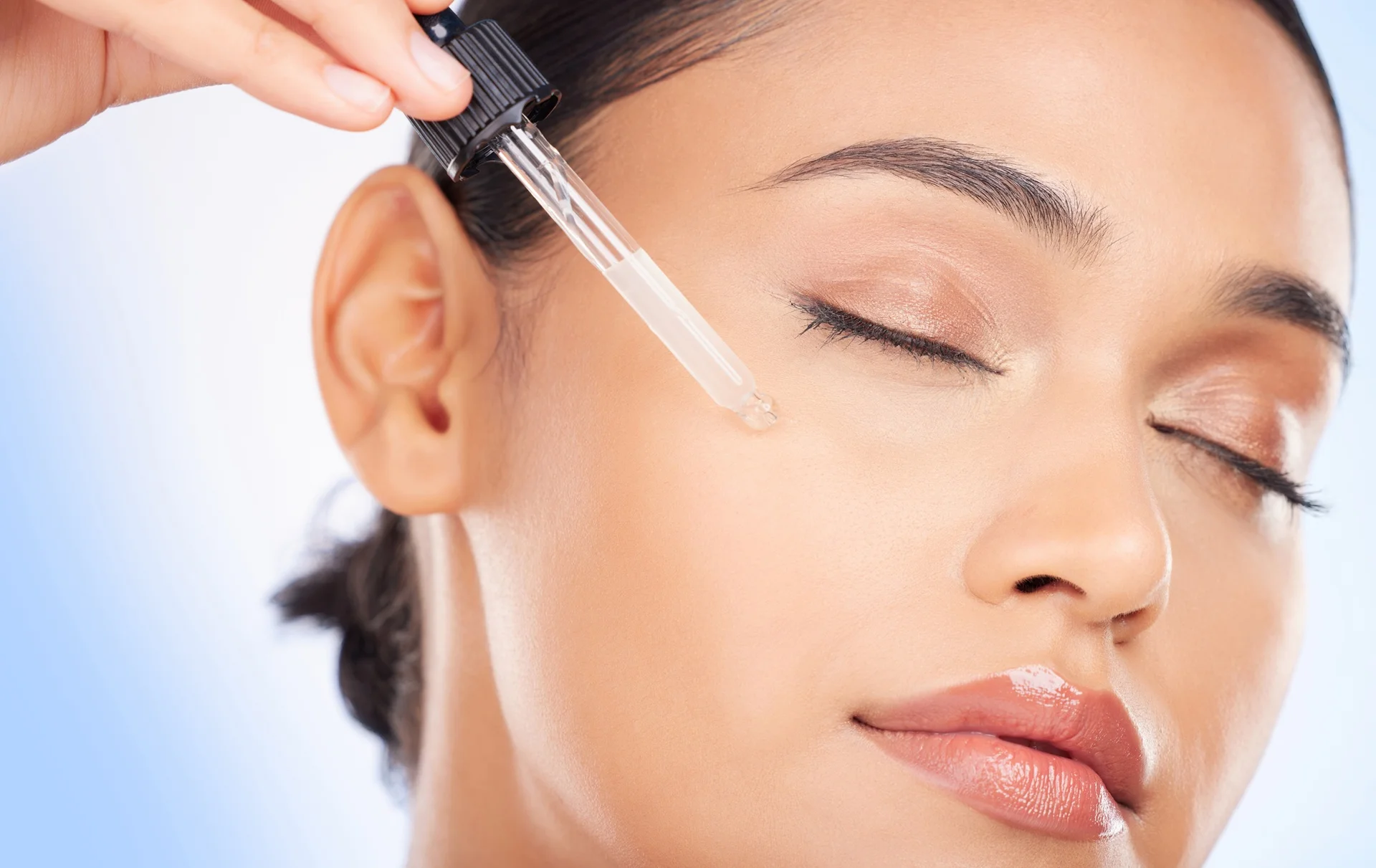
- Wrinkle reduction: Retinol reduces the appearance of fine lines and wrinkles by increasing collagen production, giving the skin a more youthful appearance.
- Skin texture improvement: It accelerates cell renewal, smoothes the skin surface, and provides a brighter, healthier skin texture.
- Pore reduction: Retinol helps tighten the skin, reducing the appearance of enlarged pores.
- Acne treatment: Retinol prevents acne by opening pores and improves the appearance of acne scars.
- Skin tone balancing: Helps eliminate hyperpigmentation, sun spots, and skin tone inequalities.
- Collagen production enhancement: Increases skin elasticity and prevents sagging by encouraging collagen production.
- Skin barrier strengthening: Thickens the epidermis, making the skin more resistant to external effects.
Retinol can have different effects on different skin types. Retinol use can start in the late 20s, depending on skin needs. Retinol use for each skin type should be carefully adjusted to minimize potential side effects.
- Oily and acne-prone skin:
Benefits: Retinol prevents acne by regulating oil production and minimizes the appearance of pores. It also balances excess oil in the skin, reducing the appearance of acne scars.
Application: Those with oily skin should use a light moisturizing lotion after retinol. Moisturizer should not be skipped, as redness and peeling may occur on the skin.
- Dry skin:
Benefits: Retinol can reduce dryness in the skin by accelerating skin cell renewal, but it should be used with caution as it can increase dryness in the beginning.
Application: Dry skin should start with low-concentration retinol. Using moisturizer under and over retinol reduces dryness and irritation. You can begin to 1-2 times a week and increase the frequency as the skin gets used to it.
- Sensitive skin:
Benefits: Retinol improves wrinkles and skin texture when used carefully on sensitive skin, but it can cause irritation.
Application: Low-concentration retinol should be preferred for sensitive skin and used with a moisturizer. It is recommended to start with one application per week. A thin layer of moisturizer should be used before applying retinol to prevent irritation.
- Combination skin:
Benefits: In combination skin, retinol improves overall skin health by replenishing dry areas while maintaining the balance of oily areas.
Application: Combination skin should apply retinol to the T zone and use more moisturizer in drier areas. It may be beneficial to care for oily and dry areas of the skin separately.
- Normal skin:
Benefits: Retinol helps maintain overall skin health in normal skin, improves skin structure, and delays signs of aging.
Application: Normal skin can easily use retinol several times a week. It is important to use sunscreen and moisturizer.
- Mature skin:
Benefits: Retinol increases collagen production in mature skin, reducing the appearance of fine lines and wrinkles, improving skin elasticity, and evening out skin tone.
Application: Mature skin can tolerate stronger retinol products, but it’s still important to start with a lower concentration and let your skin adjust. Applying a thick moisturizer on top will help prevent dryness.
- Start with a low concentration: If you’re new to retinol, use a low-concentration retinol product 1-2 times a week to help your skin adjust. Initially, 0.25% or 0.3% retinol is recommended. As your skin adapts, you can increase the frequency of use to 3-4 times a week.
- Use at night: Retinol is a light-sensitive ingredient, so it should be used at night. If applied during the day, its effectiveness may decrease and your skin may become more sensitive to the sun.
- Cleanse and dry your skin: Before applying retinol, cleanse your face with a gentle cleanser and dry it completely. Applying it to damp skin can increase irritation.
- Use a small amount: A pea-sized amount of retinol is enough. Apply a thin layer all over your face, paying attention to sensitive areas like the eye area.
- Use a moisturizer: Since retinol can dry out your skin, using a moisturizer after application can reduce irritation and dryness. This step is especially important for dry and sensitive skin.
- Sunscreen use: It is very important to use sunscreen with at least SPF 30 during the day, as retinol makes the skin more sensitive to the sun. Sun protection reduces the irritating effects of retinol and prevents skin damage.
- Do not use other products that may irritate the skin: Strong ingredients such as AHA (alpha hydroxy acid), BHA (beta hydroxy acid), vitamin C, glycolic acid, and salicylic acid can increase irritation when used with retinol. Use these products separately.
- Avoid the eye and lip area: Applying retinol to the eye area and lips can cause irritation in these sensitive areas. Extra care should be taken and avoided in these areas.
- Increase the strength over time: As your skin gets used to retinol, you can switch to stronger retinol products or increase the frequency of use.
- Be patient: It can take time to see the effects of retinol. Results usually show up within 8-12 weeks with regular use. It is important to be regular and patient during this process.
Retinol takes effect immediately.
Using retinol does not give immediate results on the skin. Visible effects usually take a few weeks or even months. It takes time for the skin to adapt to retinol and for the results to appear.
- Retinol is only for people with signs of aging.
Dermatologists can usually prescribe retinol for acne control from the age of 16-18. Age 25 and later is a suitable period for the use of retinol to support skin regeneration and prevent fine lines.
- Retinol thins the skin.
Retinol thickens the skin. It strengthens the epidermis by promoting cell renewal and improves the skin's barrier function.
- Retinol makes the skin completely vulnerable to the sun.
Retinol can make the skin sensitive to the sun, but this effect should not be exaggerated. It is important for people using retinol to use sunscreen and avoid the sun, but it is not completely forbidden to go outside when you use retinol.
- Retinol is effective when it peels the skin.
Retinol can peel the skin, but peeling does not necessarily mean a positive effect. Excessive peeling is a sign of irritation and caution should be exercised. Retinol can be effective without irritating the skin.
1.Quan T, Human Skin Aging and the Anti-Aging Properties of Retinol. (2023).https://www.mdpi.com/2218-273X/13/11/1614
2.Gruber JV, et al., Passive enhancement of retinol skin penetration by jojoba oil measured using the skin parallel artificial membrane permeation assay (Skin-PAMPA): A pilot study. (2023).
3.Mambwe B, et al., Cosmetic retinoid use in photoaged skin: A review of the compounds, their use and mechanisms of action. (2024).
4.Dattola A, et al., Role of vitamins in skin health: A systematic review. (2020).
5.Spierings NMK, Evidence for the Efficacy of Over-the-counter Vitamin A Cosmetic Products in the Improvement of Facial Skin Aging: A Systematic Review. (2021).
6.Wang Y, et al., Retinol semisolid preparations in cosmetics: transcutaneous permeation mechanism and behaviour. (2024).https://doi.org/10.1038/s41598-024-73240-y
7.Few J, et al., A Single-Center Study Evaluating the Effects of a Novel Retinol and Cannabidiol Combination Topical on Facial Skin. (2022).


